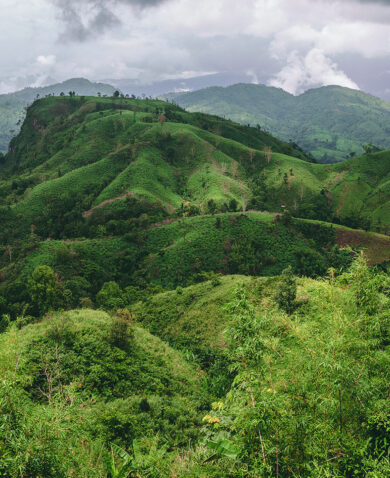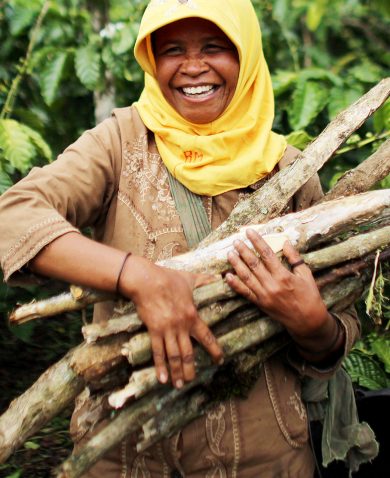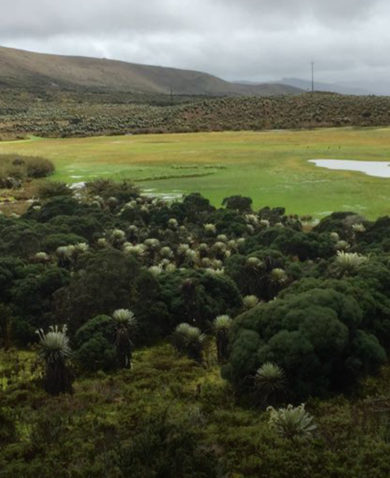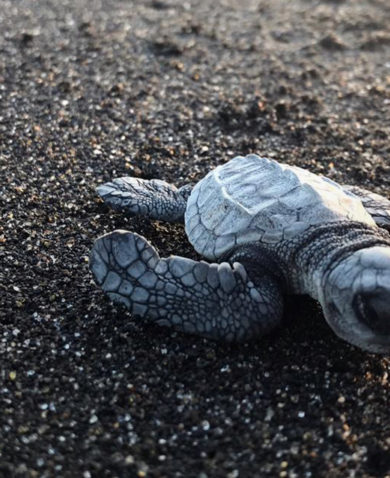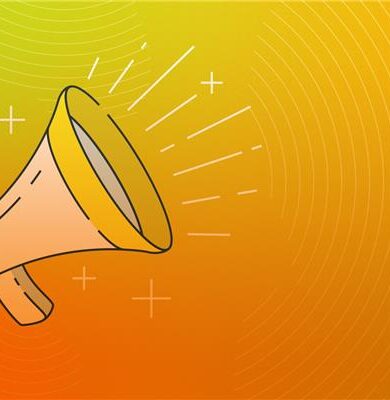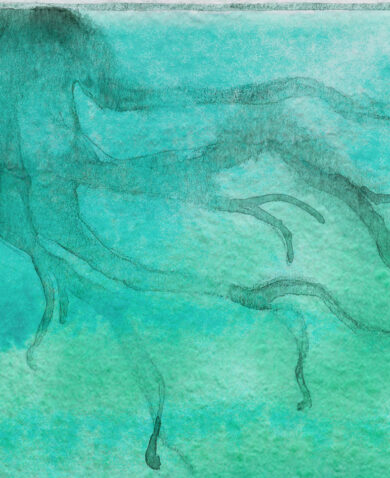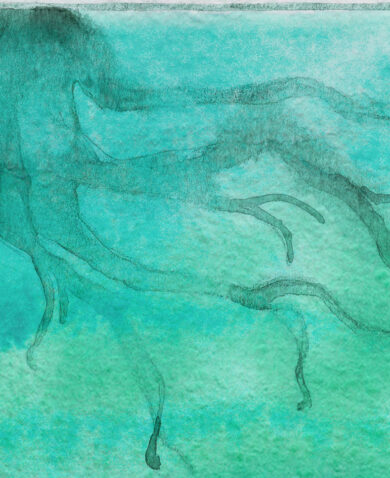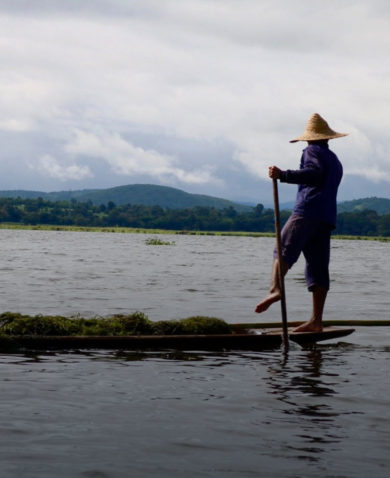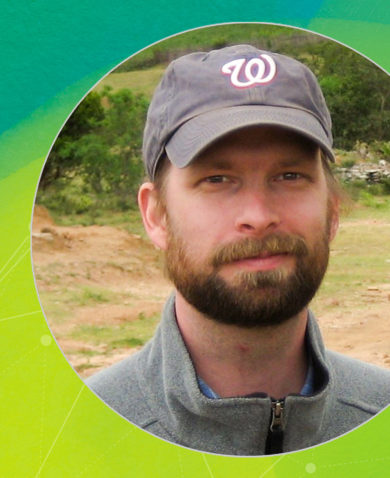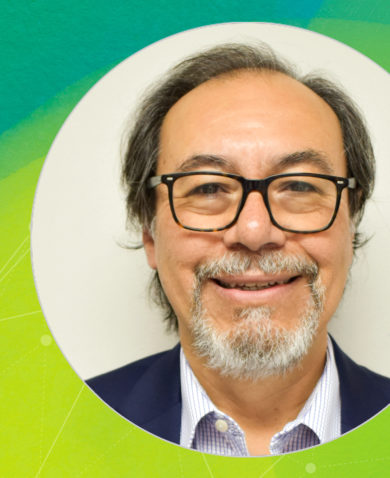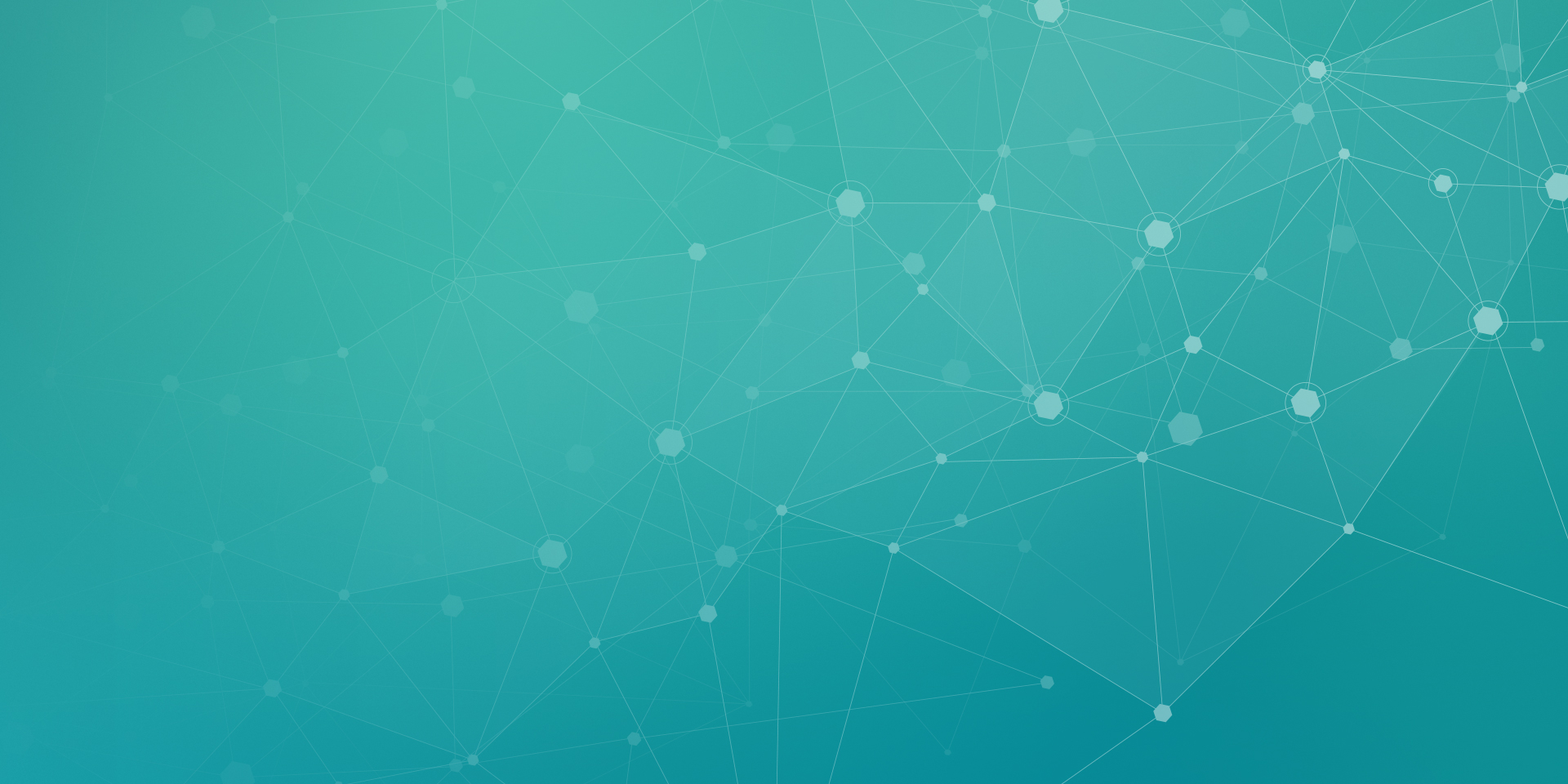
Chemonics News
News: Secretary of State John Kerry Visits Projects in Moldova and Indonesia
December 12, 2013 | 2 Minute ReadU.S. Secretary of State John Kerry recently visited Chemonics’ projects in Moldova and Indonesia, taking time to meet with government officials and project beneficiaries.
On December 4, Secretary of State John Kerry made a brief trip to Moldova, during which he visited a local winery and spoke about the country’s economic future. After talks with top officials from the Moldovan government, Kerry stopped by the Cricova Wine Cellar, where he participated in the launch of a new national wine brand. During this event, he met with figures in the Moldovan fashion and wine industries, several of whom are beneficiaries of the Competitiveness Enhancement and Enterprise Development II (CEED II) project.
The CEED II project focuses on building competitiveness in targeted industries, complementing the Moldovan government’s strategy for export- and investment-driven growth. Chemonics began implementing the first iteration of this project in 2005 and is currently using a value chain approach to upgrade marketing and sales skills, improve productivity, and introduce new technologies.
In his speech at Cricova, Kerry spoke about the economic future of Moldova and how industrial competitiveness will play a crucial role. “This is about building bridges of opportunity and it’s about reaching out to be able to touch the possibilities of the future and define them for yourselves,” he said. “It is about building the bridges and the opportunity and defining the future through your own hopes and your own aspirations.”
A couple of months earlier, on October 6, Kerry took a trip to Bali and visited Benoa Port, the largest tuna fishing harbor in Indonesia, with Indonesian Minister of Marine Affairs and Fisheries Sharif Cicip Sutardjo. Kerry and Sutardjo discussed the sustainability of Indonesia’s tuna fisheries with representatives of Anova, one of the biggest buyers of Indonesian tuna for the U.S. and EU markets.
During his remarks, Kerry noted the importance of the country’s fishing industry, saying, “What happens here is critical to all of us; 60 million Indonesians are depending on the ocean and fishing resources for their livelihood, and 60 million Indonesians get the large proportion of their protein from marine resources.”
To balance this high dependence on fishing with the need for more sustainable practices, Indonesia’s fisheries sector and the Indonesian government have been working together to find solutions for over-fishing and post-harvest losses. As part of these efforts, the Anova Fishing and Living Program received a small grant from the Indonesia Marine and Climate Support (IMACS) Project to collect data on tuna fisheries for improved fisheries management.
The project, implemented by Chemonics, is a USAID activity that supports the Ministry of Marine Affairs and Fisheries with implementation of its five-year Strategic Plan (2010-2014). It is designed to support the Indonesian government’s efforts to restore and enhance ecosystem productivity, biodiversity, and resilience for food and economic security, and to increase the resilience of natural ecosystems and coastal communities to adapt to climate change and reduce risks from disasters.
Throughout his time in Bali, Kerry emphasized the role of building research capacity as a way to help fishing communities best respond to climate change, saying “…everywhere we need more research. And that’s exactly what we’re supporting here, an effort to maintain a sustainable fishery.”










